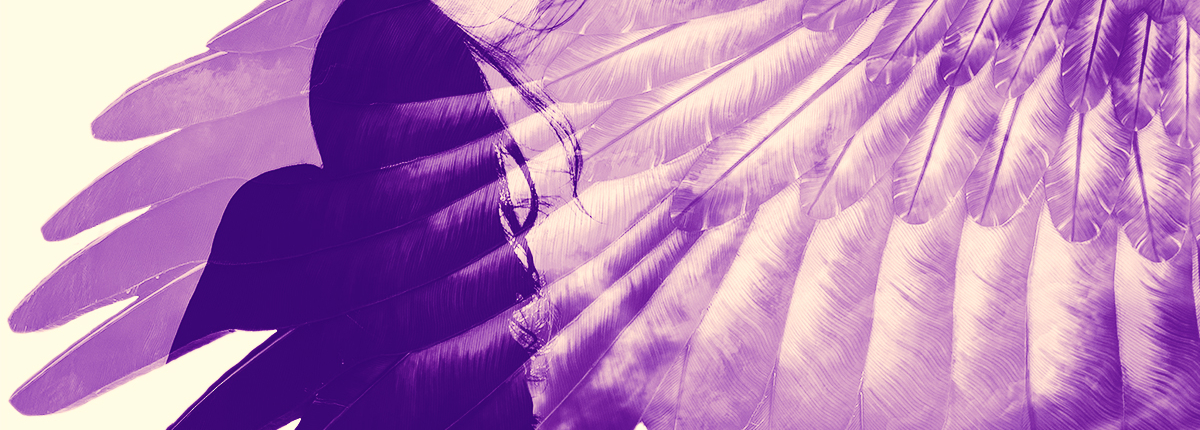An Indigenous Perspective of Women’s History Month
March is Woman’s History Month. As a Native American and Woman-Owned company, we celebrate women every day. We are fortunate to have brilliant and inspired women leading our organization to improve health outcomes for Indigenous communities.
This month, want to shine the spotlight on a few individuals and share their perspectives of Woman’s History Month from an indigenous lens. We interviewed following Indigenous PACT team members to share their thoughts:
- Aimee Brenkus, Chair and Owner
- Nicole Fields, Business Development Associate
- Jessica Gilbertson, Marketing Coordinator
- Darla Dick, Human Resources Administrator
- Rose Bear Don’t Walk, Consultant
These women certainly exemplify why Indigenous PACT is such a great organization. They’ve nurtured a culture of praise and appreciation for one another. The team is genuine and passionate about improving the lives of Indigenous people. Their heartfelt and thought-provoking responses illustrate their dedication to their work and to each other.
What does Woman’s History Month mean to you?
“I think it’s extremely important that women and especially indigenous women keep advocating having their voices heard,” said Nicole. “I can’t fathom how we’ve made all these monumental achievements, but yet we’re still fighting for gender equality.”
Jessica added, “I think it’s important to have that pause where you take a look at the contributions of women across the country.” She said, “I think March is a really important time to reflect on some of that and to call out some of those things like Nicole was mentioning regarding inequality.”
“Celebrating this month is just elevating women’s voices,” said Rose. “We don’t just have to celebrate women during this month. That can be something we can do every single day for the entire year.”
What does it mean to be an empowered woman?
“I think there’s a lot of truth to the empowered women empower women,” said Jessica. “But I also think that you can empower yourself to a certain extent too, by speaking up in the world, by taking up space at tables that you haven’t been invited to, not trying to make yourself smaller to make other people comfortable.”
Darla said, “An empowering piece of my life has always been my culture. Even when I was a young girl struggling being indigenous in society, I found relief in my culture and was able to connect myself to my family and to the world around me.”
“So, for me, I had to look back and go, well, where did we lose our power?” explained Aimee. She talked about the loss of power through alcoholism, domestic violence, and boarding schools. “To untangle that mess, be like a woman that’s raising good men, a woman that’s raising women to believe that they’re sacred and that their power is magnificent.”
What female public figures inspire you?
“I’m just going to say my mom,” said Rose. “I mean, she’s not really a public figure, but she is the strongest lady I know in my life. She raised me essentially by herself. She put herself through law school. She all these successes, but at the end of the day, she just has the biggest heart.”
“Quannah Chasinghorse is contemporary and incredible. She’s this new supermodel, but more so than her, her mom,” said Aimee. “She was a single mom. And I think about, she raised her daughter to believe that really anything is possible. Every single ceremony I’ve ever been in, the medicine people said our ancestors want you to know that anything is possible.”
“All of the Native women who have run for office outside of their tribe and are making it,” said Jessica. “Obviously Secretary Deb Haaland, Congresswoman Sharice Davids, and I really admire Peggy Flanagan, who is the Lieutenant governor of Minnesota.”
Why did you choose your career path?
“I think my path chose me because I wanted to be an architect,” said Nicole. “I am very grateful for always sort of being in the right place at the right time and knowing the right people. And they are all 100% indigenous, strong, independent indigenous women that sort of sought me out.”
“I tried to pick my path when I was young and started out in banking and business,” said Darla. “I didn’t see myself in a treatment and recovery center connected to some of the most difficult experiences that our people were having. And I don’t know, if I would’ve tried to direct my own path, if it would’ve led me there, but it did. And I’m thankful.”
“I think my career in itself has kind of two parts,” explained Rose. “And one of them is my heart work, my passion work, which it revolves around the traditional food systems of the Salish and more specifically the traditional food plants that they utilized for thousands of years and how we can use that knowledge combined with Western science to really enhance how people interact with our food plants in the current world. And that was just something that I have come across in the past couple years, even though I’ve been a part of the living culture of engaging with our food systems since I was little, this new idea of being a scientist is something that I’m just trying to come into on my own.”




